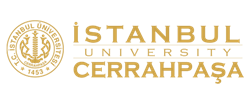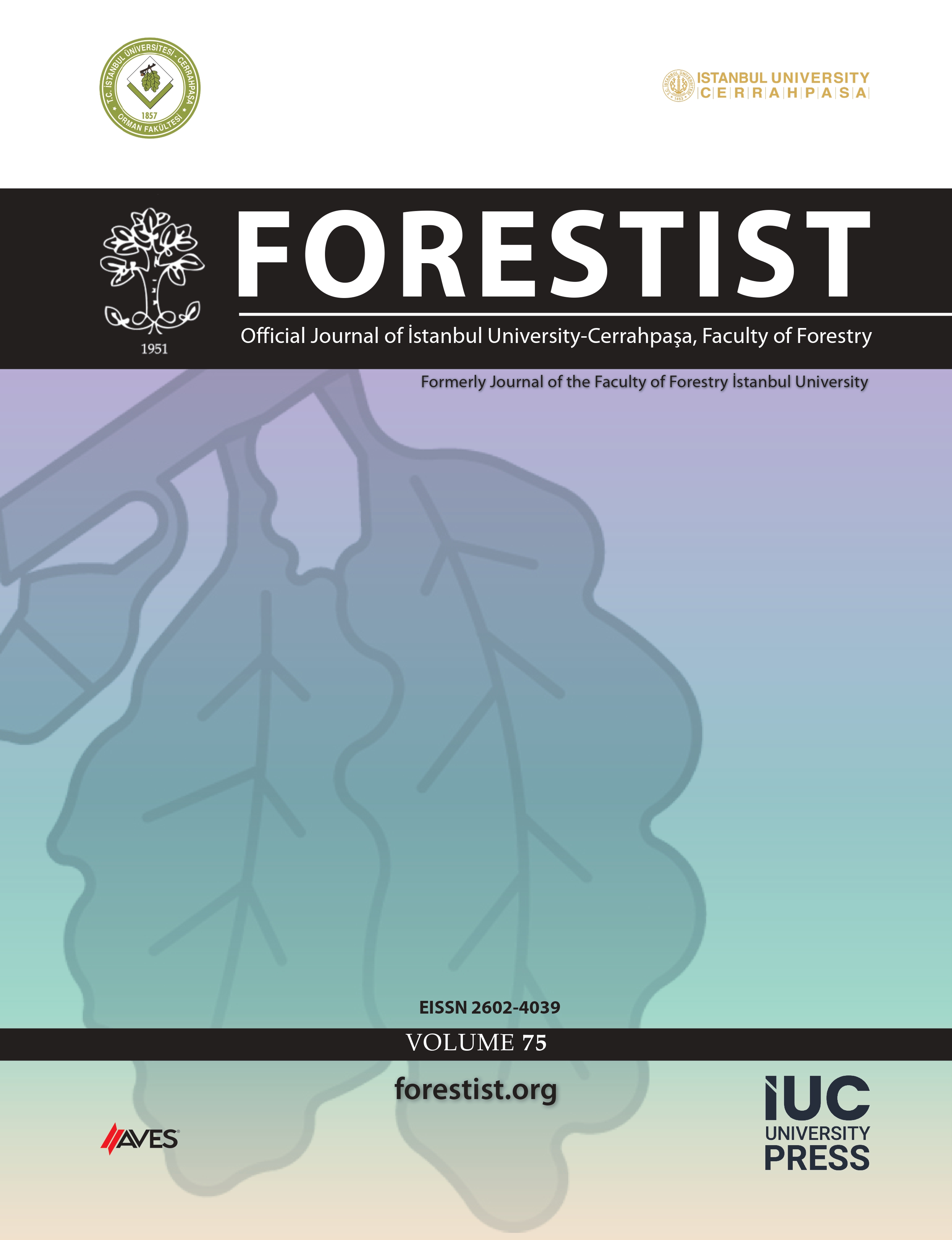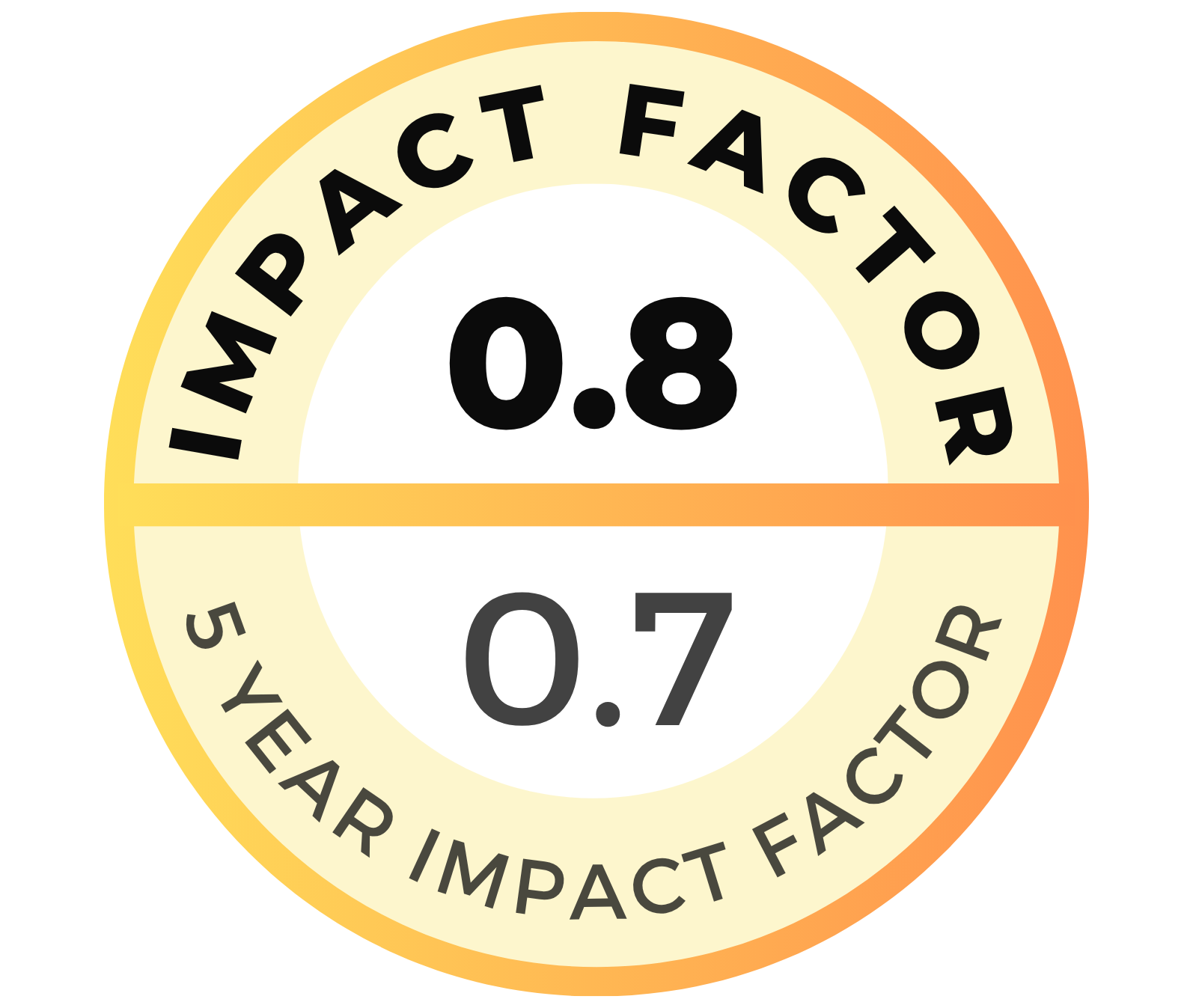Turkmenistan has sparse forested areas, which cover only 8.8% of its entire territory. Increasing climate aridity and anthropogenic desertification hinder the survival and growth of plants. In response, Turkmenistan has carried out several afforestation projects toward sustainable forest management and requested a forest cooperation project with the Republic of Korea, which consists of six detailed projects: (1) afforestation with salt-tolerant species, (2) afforestation with pistachio, (3) building of seedling nurseries, (4) establishing a training center, (5) introducing a forest fire control system, and (6) strengthening the forest research foundation. The purpose of this study was to evaluate the feasibility of the requested project by reviewing relevant documentation. The evaluation criteria—relevance, readiness, and sustainability—were modified from those given by the Development Assistance Committee of Economic Cooperation and Development. All six detailed projects were feasible to proceed since they satisfy all evaluation criteria. However, more concrete strategies are required to secure the sustainability of the last three projects, and further discussions between partner countries may contribute to favorable relationship and more reasonable projects. Consequently, this study will serve as a reference guideline when various countries and international organizations plan forest cooperation with Turkmenistan or other countries under similar conditions.
Cite this article as: Ahn, J., Kim, G., Kim, J., Kim, H., Khamzina, A., & Son, Y. (2022). Feasibility study for forest cooperation project between the republic of korea and turkmenistan. Forestist, 73(1),
21-27.




.png)
